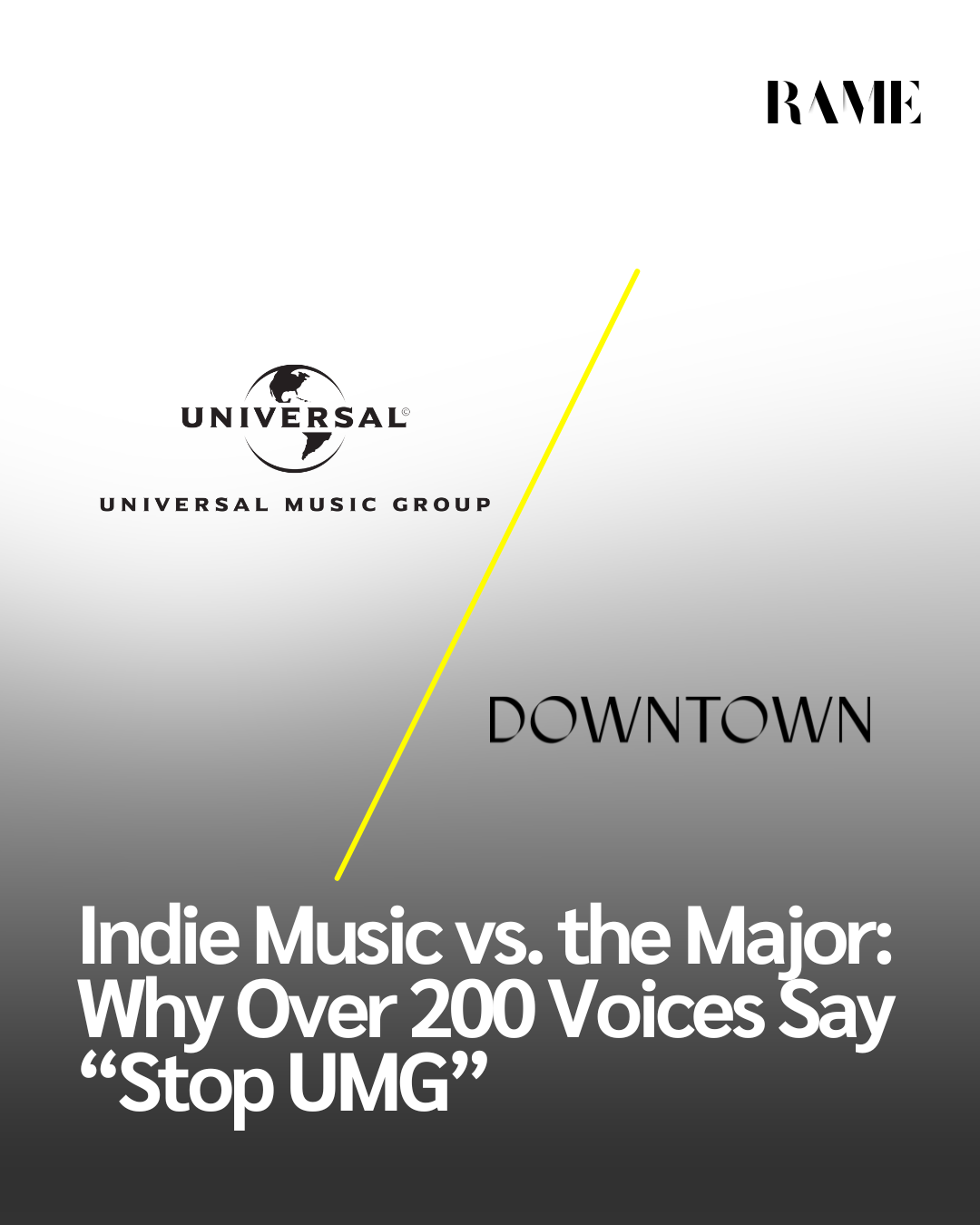A tidal wave of resistance has surged across the independent music world as over 200 signatories from label founders and CEOs to artist managers and trade associations have co-signed an open letter calling on the European Commission (EC) to deeply investigate Universal Music Group’s (UMG) planned takeover of Downtown Music Holdings. This coordinated push, organized by European trade body IMPALA, reveals a deeper anxiety in the indie sector: that one giant player might tighten its grip on the industry’s infrastructure, creativity, and future.
The Independent Music Landscape: A Diverse Giant
To grasp the weight of this resistance, consider the numbers:
- Merlin, the global digital rights agency, represents over 30,000 indie labels worldwide.
- Sony Music’s distribution arm, The Orchard, serves 26,000 indie labels, while AWAL represents over 20,000 independent artists.
- Every day, around 100,000 new tracks are uploaded to streaming services most from independent “DIY” artists.
This diversity fuels innovation and cultural richness. But Kenny Gates, an industry veteran, recently pointed out that even trade bodies like IMPALA, with its 6,000 members, represent only a “tiny fraction” of the worldwide indie sector. In such a vast ecosystem, shifts in power can have sweeping consequences.
The Deal: $775 Million and a Market Shift
UMG’s Virgin Music Group announced in December that it would acquire Downtown Music Holdings for around $775 million. Downtown is not just another label it’s a critical provider of distribution, royalty accounting, and rights management services, used by thousands of indie companies and artists. UMG, already controlling over 40% of Europe’s recorded music market, is by far the biggest global player. Absorbing Downtown would mean controlling more of the infrastructure that keeps the indie sector running.
The European Commission (EC) has started a Phase 1 investigation, with a provisional deadline of July 22 to decide whether a deeper Phase 2 investigation is warranted.
Who’s Objecting And Why?
The letter’s signatories include leaders from some of the most respected indie companies:
- Beggars Group and Secretly Group, two powerhouses in independent music.
- Trade bodies that are part of the Worldwide Independent Network (WIN).
- Prominent names like Domino, Sub Pop, Epitaph, Hopeless, Cooking Vinyl, Merge, and XL Recordings.
Also among them are:
- Charles Caldas of Exceleration Music, which acquires and supports indie labels.
- Labels recently bought by other companies, like !K7, acquired by Create Music Group, which itself was valued at $1 billion in 2023.
These signatories span continents, reflecting how deeply the deal worries those who see UMG’s influence already looming large.
The Core Arguments
At its heart, the open letter argues that this is not just another business move. It’s about control.
- Market share imbalance: UMG already commands double the share of its nearest competitor. Taking over Downtown’s services would further entrench this position.
- Control over essential infrastructure: Many indie labels and artists rely on Downtown’s services to get music to fans, manage royalties, and track data. If UMG controls that infrastructure, independents could end up relying on their biggest competitor.
- Data power: Beyond distribution, Downtown’s systems handle sensitive business information: artist performance, pricing strategies, and contract details. UMG owning this data could mean unprecedented insight into competitors’ operations.
- Cultural impact: The letter warns that concentration at this scale narrows the diversity of music available to listeners, tipping the market toward mainstream hits at the expense of niche genres and experimental artists.
Bigger Than Business: The Creative Stakes
Indie companies argue that competition isn’t just about pricing or market share. It shapes what music gets heard.
- With fewer gatekeepers, it’s easier for new sounds, languages, and genres to break through.
- If UMG becomes both the biggest label and a dominant distributor, it could steer digital platforms and playlists toward its own artists.
- This might reduce diversity and slow the discovery of artists outside commercial pop.
Fans might not notice immediately. But over time, innovation could fade, and new or unconventional voices might struggle to find an audience.
The Letter in Their Words
Here’s what the letter asks from the European Commission:
“We urge the European Commission to open a detailed phase two investigation to examine the deeper structural consequences… The proposed acquisition poses a clear threat to effective competition, innovation, and the growth of the music industry.”
The letter emphasizes that the EU’s music industry, valued at over €5 billion in 2023, is a “cultural and economic success story.” But it also points out growth is uneven and risks being stifled if a single company gains too much power.
A Broader Trend: Consolidation in the Music Industry
The music industry has seen waves of consolidation in recent years:
- Major labels acquiring distributors and services.
- Financial investors, like private equity firms, entering the space and rolling up catalogues.
- Tech giants shaping how music is discovered and monetized.
These moves worry many in the indie sector. When infrastructure, distribution, and data are controlled by a few giants, the creative middle class small labels and self-releasing artists can lose leverage.
A Defining Moment?
For the European Commission, this is more than a routine antitrust case. It’s about the future shape of Europe’s cultural landscape:
- Should one global company have control over both the creative side (signing artists) and the supply chain (distributing everyone’s music)?
- Does data ownership give that company unfair strategic advantages?
- Could this weaken independent voices that fuel diversity and innovation?
For the signatories, the answer is clear: this merger risks locking in dominance, narrowing the cultural conversation, and making it harder for indies to compete.
What Happens Next
The EC’s Phase 1 deadline is July 22, 2025. It can:
- Approve the deal.
- Block it outright (rare at this stage).
- Or launch a Phase 2 investigation, which would dig deeper into market effects, data concerns, and long-term consequences.
If it proceeds to Phase 2, the investigation could run into late 2025 or beyond.
Final Thoughts
At first glance, this might seem like a business dispute between a giant label and smaller competitors. But look closer: it’s a debate about the soul of the music industry.
- Should music’s infrastructure belong to a handful of global players?
- Or should it remain diverse, open, and competitive, allowing new sounds and stories to emerge?
For the 200+ signatories, the answer is urgent and unanimous: keep music open. Because what’s at stake isn’t just who owns a distribution company it’s who decides what the world gets to hear next.



